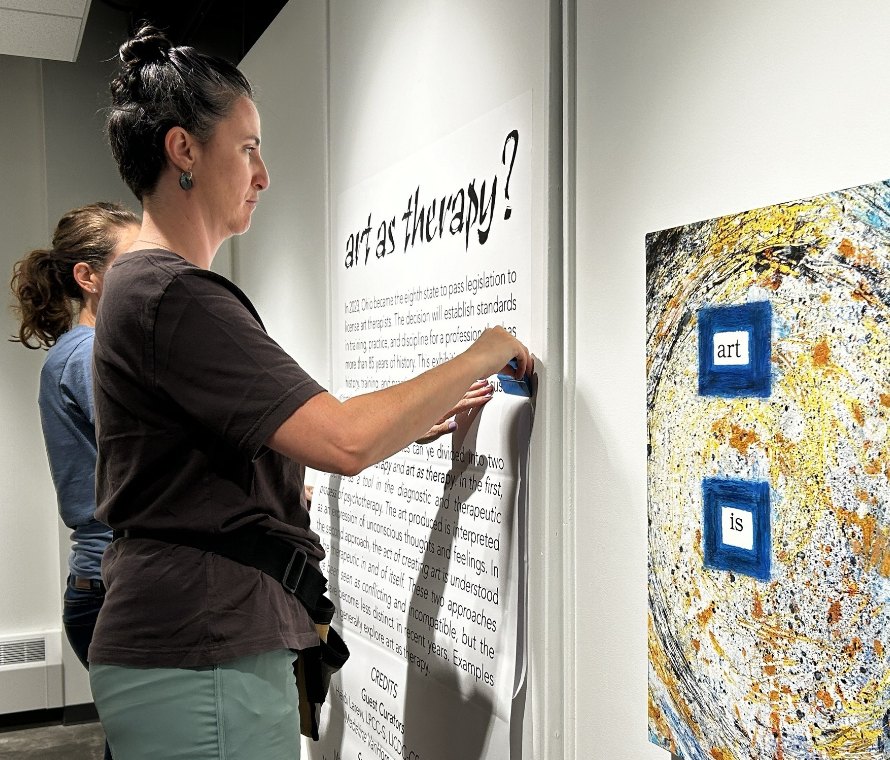More than 8,600 people are confirmed dead after the March 11 earthquake and tsunami that devastated Japan, according to CNN.com.
“
More than 8,600 people are confirmed dead after the March 11 earthquake and tsunami that devastated Japan, according to CNN.com.
Several problems have resulted in the following week, including a nuclear crisis at several Japanese nuclear plants.
When I first saw the news, I didn’t know what to say, said Caleb Clark, senior. I can’t imagine dealing with a situation like that.
According to NBC, around $23 million was raised for relief efforts in Japan in the first four days after the disaster, while over $150 million was raised for Haiti during the same amount of time last year.
Haiti was a human tragedy, said Meredith H. Clark, senior. A disaster in a country that lacked proper infrastructure to begin with brings to mind different problems than does a disaster in a country like Japan, where both a human tragedy and a nuclear tragedy could very possibly result in a worldwide economic tragedy as well.
According to CNN.com, Japan’s economy is the third largest in the world, behind the United States and the People’s Republic of China. Japan’s infrastructure gives the country a better chance to deal with a natural disaster than Haiti, a country that was devastated by an earthquake smaller than the one that struck Japan.
Japan’s trauma is already being felt around the world, as Japanese automobile manufacturer Honda has been forced to shut down manufacturing plants and Apple has delayed shipments of the recently released iPad 2.
With the passing of each day, the death count grows alongside the fears of spreading contamination caused by damage to nuclear plants. According to CNN.com, Japanese police say they fear that at least half of the 13,200 missing people in Japan are dead.






